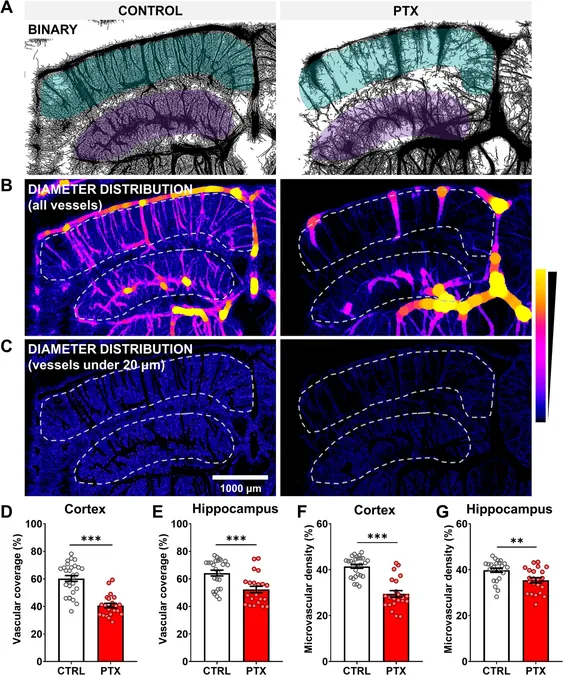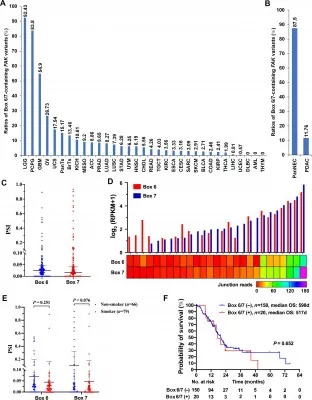
Unlocking the Secrets of 'Chemo Brain' and Aging: New Insights That Could Boost Cognition!
2025-06-26
Author: Ming
A Battle on Two Fronts: Chemo Brain and Aging
Chemotherapy saves lives, but it comes at a hefty price—cognitive challenges dubbed "chemo brain." These issues bear a striking resemblance to the memory and learning difficulties faced by older adults. Researchers at the University of Oklahoma are diving deep into this intriguing overlap, aiming to unearth solutions that could benefit both groups.
Unraveling the Cognitive Crisis
Recent studies published in the journals Geroscience and Aging Cell shed light on the shared traits of aging brains and those affected by chemotherapy. Lead author Dr. Anna Csiszar, a neurosurgery professor at the University of Oklahoma College of Medicine, emphasizes the remarkable parallels. "Both phenomena exhibit decreased blood flow at rest and only a slight increase during activity. Moreover, the blood-brain barrier, which safeguards against harmful substances, becomes compromised, leading to brain inflammation." Additionally, both conditions see the buildup of senescent cells, often referred to as 'zombie cells,' which contribute to this cascade of inflammation.
The Impact of Chemotherapy on Brain Health
Chemotherapy, while targeting rapidly dividing cancer cells, also inadvertently damages healthy ones, resulting in conditions like chemo brain. In a compelling investigation involving various chemotherapy drugs, including the widely used paclitaxel and cisplatin, the research team discovered that, despite different DNA damage mechanisms, the cognitive impacts were strikingly similar.
How Chemo Disrupts Brain Functionality
Chemotherapy drugs struggle to penetrate the brain directly due to the protective blood-brain barrier. Instead, they inflict harm on endothelial cells—critical components of vascular health. When these cells become impaired, they enter a senescent state, releasing inflammatory agents that further disrupt the blood-brain barrier.
Reviving Cognition: The Promise of Senolytics
Looking to reverse these cognitive woes, Csiszar and her team experimented with senolytics in aging mice. Senolytics drugs induce the death of senescent cells through a natural process known as apoptosis. Their findings were promising: eliminating these problematic cells improved cerebral blood flow and bolstered the health of the blood-brain barrier, ultimately enhancing cognitive function.
Timing is Everything: The Key to Effective Treatment
Digging further, the researchers aimed to pinpoint the optimal timing for administering senolytics to maximize benefits. They found that treating mice around 16 months old—equivalent to 50 to 55 years in humans—yielded the best results for protecting cognitive health. Delaying treatment could still remove senescent cells, but it may not prevent irreversible cognitive decline.
A Hope for the Future
Both chemotherapy and aging can diminish quality of life through cognitive impairment. Dr. Csiszar remains optimistic that this crossroads of research will lead to breakthroughs that address significant challenges in cognitive health. The journey toward improved cognition continues, with the potential to transform lives.



 Brasil (PT)
Brasil (PT)
 Canada (EN)
Canada (EN)
 Chile (ES)
Chile (ES)
 Česko (CS)
Česko (CS)
 대한민국 (KO)
대한민국 (KO)
 España (ES)
España (ES)
 France (FR)
France (FR)
 Hong Kong (EN)
Hong Kong (EN)
 Italia (IT)
Italia (IT)
 日本 (JA)
日本 (JA)
 Magyarország (HU)
Magyarország (HU)
 Norge (NO)
Norge (NO)
 Polska (PL)
Polska (PL)
 Schweiz (DE)
Schweiz (DE)
 Singapore (EN)
Singapore (EN)
 Sverige (SV)
Sverige (SV)
 Suomi (FI)
Suomi (FI)
 Türkiye (TR)
Türkiye (TR)
 الإمارات العربية المتحدة (AR)
الإمارات العربية المتحدة (AR)